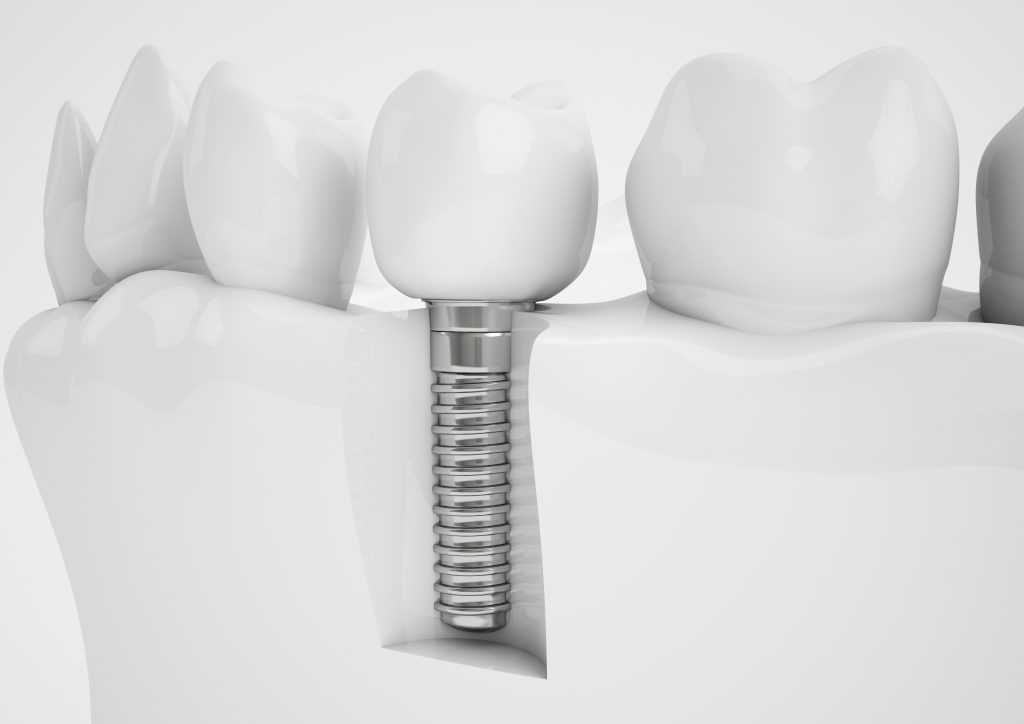 Obstructive sleep apnoea (OSA), which is a condition where you stop breathing momentarily while asleep, can have a negative impact on your dental implants. This is because people with sleep apnoea are more likely to grind and clench their teeth at night.
Obstructive sleep apnoea (OSA), which is a condition where you stop breathing momentarily while asleep, can have a negative impact on your dental implants. This is because people with sleep apnoea are more likely to grind and clench their teeth at night.
When you get dental implants in Knowle, you can enjoy chewing and eating as though you have real teeth. Dental implants are titanium roots implanted into your gums to replace missing teeth. A dental prosthetic, matched to the colour of your existing teeth, covers the implant. It functions just like a real tooth and should feel nearly indistinguishable from the rest of the teeth.
Though dental implants are incredibly durable, they are susceptible to damage if subjected to constant pressure. Teeth grinding, or bruxism may damage dental implants in the long run.
Possible Complications
A study published in the Journal of Oral Implantology shows that patients who have sleep apnoea and bruxism could exhibit possible complications with their dental implants, including problems such as:
- Porcelain prosthetic fractures
- Implant screw fracture
- Loosening of the implant
- Loosening of the prosthetic from the implant
The constant pressure created by the grinding can crack or loosen the structure of the prosthetic and the implanted root. On average, the issues appear within six years of having the implant if chronic teeth grinding is not addressed.
Treating Sleep Apnoea and Bruxism
Preventing damage to the implant can be minimised by treating the underlying causes of sleep apnoea and bruxism. Excessive weight is a common cause for apnoea, as excess mass around the throat could obstruct breathing.
In some other cases, the use of a Continuous Positive Air Pressure (CPAP) machine can treat OSA by gently pumping air into the mouth or nose, which allows patients to breathe with ease while asleep.
Other practitioners may recommend the use of a specialised mouth guard, which protects the teeth and the dental implants from grinding.
Treating sleep apnoea and bruxism can ensure that the dental implants last, and help minimise the risk of complications in the future.

